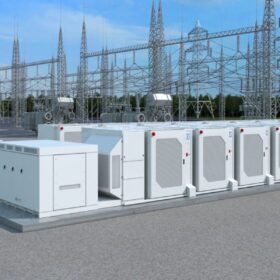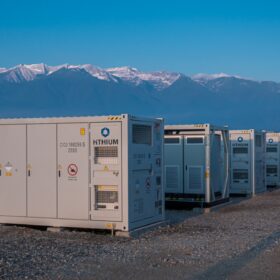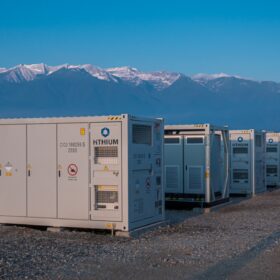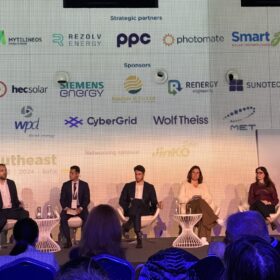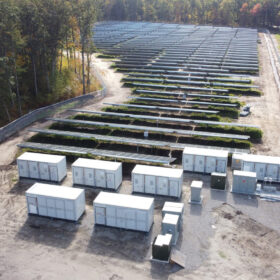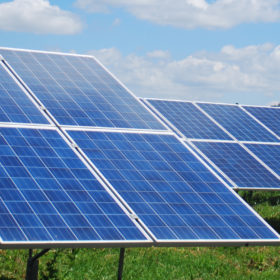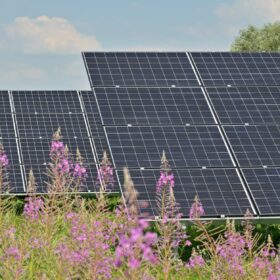Bulgaria’s battery storage market gears up
Bulgaria has installed between 40 MWh and 50 MWh battery energy storage capacity to date. However, a new national legislation as well as funds provided through the European Union’s Recovery and Resilience Facility could see the country install another 1 GWh over the next two years.
Bulgaria preps 3 GWh standalone energy storage tender
The Bulgarian Ministry of Energy is readying to launch a tender on September 2 and provide Capex support for the construction and commissioning of 3 GWh of standalone energy storage facilities. The public call is for projects equal to or greater than 10 MW with at least two hours of storage capacity, which will be primarily used in the frequency regulation markets.
55 MWh battery storage system goes live in Bulgaria
Billed as the largest operating battery energy storage system in Bulgaria to date, the 25 MW/55 MWh facility, developed by Austria’s Renalfa IPP, came online at the start of the month.
Bulgaria backed by EIB for 1.6 GW of pumped storage
The European Investment Bank (EIB) will conduct economic and technological feasibility studies on two Bulgarian pumped storage hydropower plants due to be operational by 2032. The projects will each add generation capacity of around 800 MW and will both come with a price tag of around €900 ($964) million.
Key takeaways from Bulgaria’s RE-Source Southeast Conference
The first day of the RE-Source Southeast Conference in Sofia, Bulgaria, this week underscored European and regional interest in renewable-energy projects based on corporate power purchase agreements (PPAs). Negative or very low electricity prices in European electricity markets affect the appetite for such projects, but the solution for investors and policymakers is to approach the issue systematically.
Building back bigger
Already 2024 is shaping up to be another record year for solar installations. In Europe, projects are getting bigger as increasing difficulty with obtaining a grid connection makes smaller systems unviable. pv magazine recently caught up with Bernhard Suchland, CEO of Germany/Bulgaria based project services provider Sunotec, for a look a closer look at this and other trends in the large-scale PV segment.
Bulgaria launches renewables-plus-storage tenders
Bulgarian businesses can apply for funding under two new tenders that aim to facilitate 1,425 MW of renewable energy generation capacity coupled with 350 MW of energy storage. Funding support is only offered for the storage component.
New model to predict defrost cycles, behavior of air-sourced heat pumps in cold weather
UK-based researchers have developed a novel method to estimate the amount of defrost cycles a heat pump will experience in the winter and how much energy it would require to implement the cycles. The results of their simulation showed a strong relationship between the number of defrost cycles and the ambient temperature.
Hithium, Solarpro to build 55 MWh energy storage facility in Bulgaria
Hithium and Solarpro say they will start construction on a 55 MWh energy storage facility in southwestern Bulgaria next year.
Bulgaria kicks off process for first renewables auction
The Bulgarian government has opened public discussion for the country’s first renewable energy auction. Through the procurement exercise, it expects to allocate 1,425 MW of renewable energy power generation capacity and 350 MW of storage.
